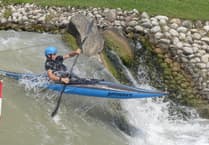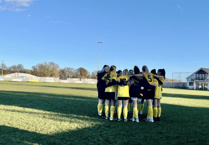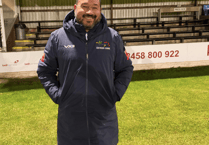HARTPURY University has been supporting footballers transition from academy players into the senior game, in collaboration with Staffordshire University.
Through the expertise of Professor Tracey Devonport, the university has played a pivotal role in the success of the innovative mentoring programme called “Mentoring: Beyond Talent.”
The initiative was intended to support young footballers at Wolverhampton Wanderers transition from academy to senior players. The programme was developed by experienced academics such as Professor Devonport, Dr. Paul Mansell, Dr. Katie Sparks, and Dr. Karla Drew. They worked alongside Sport Psychologist Dr. James Maurice and recently retired senior professional players Sam Winnall, Jake Jervis, and Matt Jarvis.
Professor Tracey Devonport said: “This programme exemplifies the power of collaboration between academia and professional sport. By combining research-driven insights with the lived experiences of retired footballers, we’ve created a unique support system for young players during a crucial stage of their careers.”
Over the course of the 2024/25 football season, participants engaged in six group sessions facilitated by academic staff and mentors, alongside five 1:1 mentoring sessions tailored to individual needs.
Evidence-based content was combined with practical insights from mentors who shared firsthand experiences of challenges typically faced by aspiring players. It addressed critical topics such as managing transitions, coping with uncertainty, social support, wellbeing, and performing under pressure.
Feedback from players, mentors, and academy staff highlighted the programme’s significant impact, including improved psychological skills, enhanced communication, stronger team bonds, better stress management, and increased confidence in navigating the transition to senior football.
Key findings from interviews with participants revealed the programme’s success was rooted in the trust and relatability established between mentors and mentees. Players valued the independence of the mentors, who were external to the club, and appreciated the opportunity to discuss challenges they faced in a secure and non-judgemental environment.





Comments
This article has no comments yet. Be the first to leave a comment.